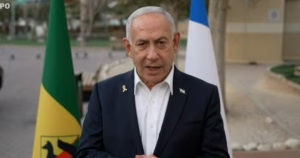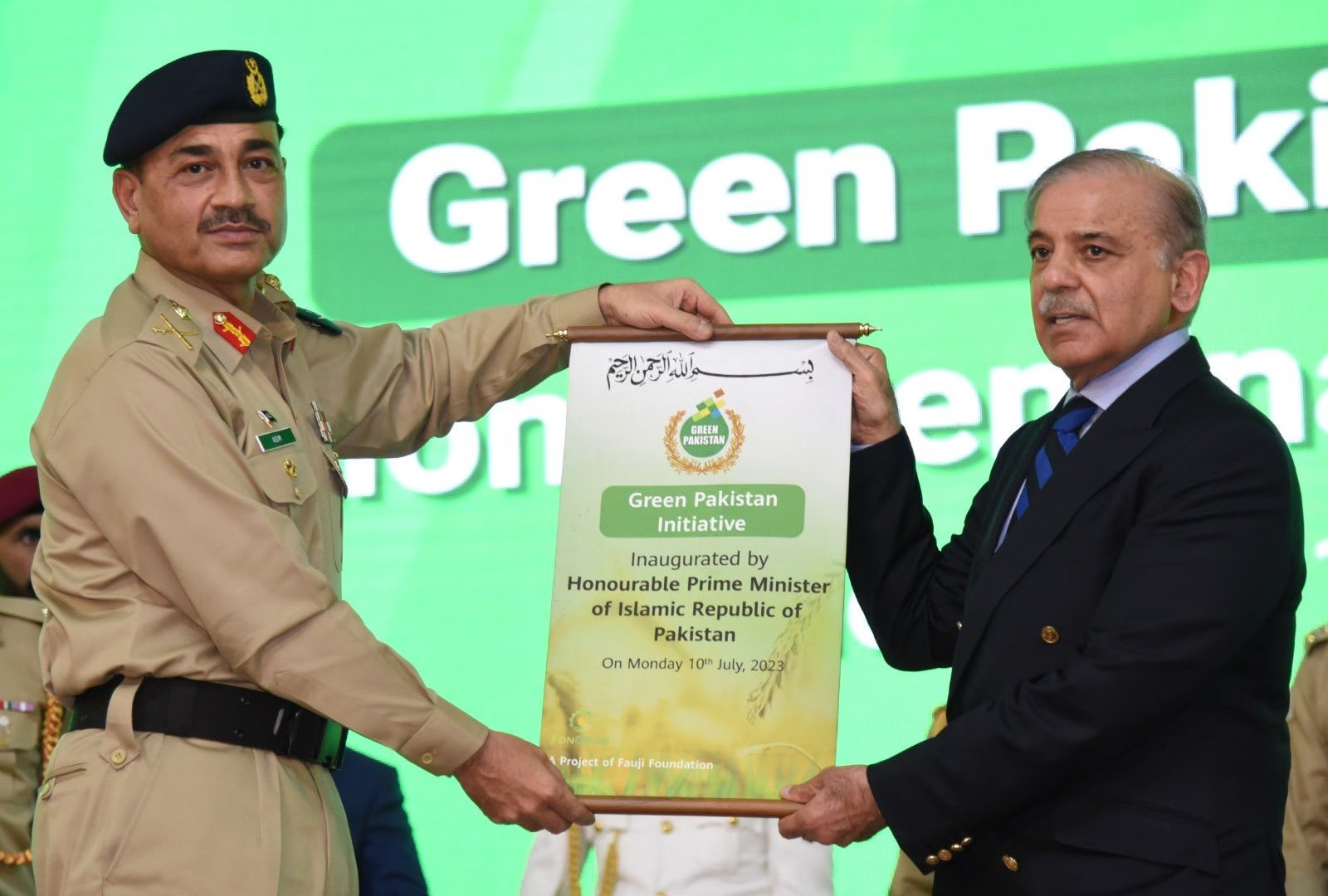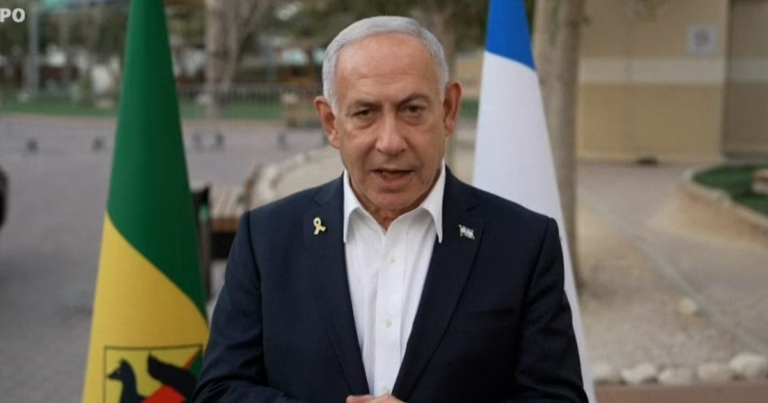The Pakistan government has initiated a significant agricultural project with the aim to enhance food security in the nation, which is home to 240 million people. Dubbed the Green Pakistan Initiative (GPI), this $3.3bn project, launched in 2023 by the country’s army chief General Asim Munir and Prime Minister Shehbaz Sharif, involves the construction of six canals across the country to irrigate millions of acres of barren land. The project has been hailed by supporters as a transformative move to convert vast desert lands into fertile farmland. Munir commended Punjab, the most populous province, for its role in Pakistan’s agriculture, affirming the military’s continued support for the nation’s economic growth.
However, critics of the megaproject argue that it could lead to water shortages in the southern parts of the country, noting that the project was planned without adequate consultation with stakeholders. The GPI, according to skeptics, will further strain Pakistan’s river system, which is already facing decreasing water levels due to climate change and overexploitation. Protests have erupted in the southern province of Sindh, with demonstrations led by the governing Pakistan People’s Party (PPP) in major cities like Karachi, reflecting concerns over potential water scarcity and the project’s impact.
The Green Pakistan Initiative aims to modernize the agricultural sector by introducing new technologies and equipment, including drones, land management systems, and tractors, to improve productivity. The project also seeks to attract both domestic and foreign investment to create “modern farms” and aims to provide technical inputs and services to farmers. The Special Investment Facilitation Council (SIFC), co-chaired by the army chief and the prime minister, was established to help investors bypass bureaucratic hurdles and attract investment to the country, which is currently facing significant economic challenges.
The Cholistan Canal, the largest and most critical project under the GPI, spans 176km and is expected to be completed by mid-2030 at an estimated cost of $783m. The canal aims to transform the region by bringing reliable and sustainable water supplies to previously uncultivable lands. The project aligns with broader national goals of increasing food security, improving rural livelihoods, and promoting sustainable development in less developed regions. However, critics worry about the water supply’s reliability, environmental impact, and the potential for marginalizing Sindh’s water share.
The Indus Water Treaty (IWT) determines water distribution between Pakistan and India, with Pakistan controlling the Indus, Jhelum, and Chenab rivers. The canals are proposed to be fed by excess floodwaters from the India-controlled Sutlej River, but critics argue that relying on floodwater is unreliable, especially given declining water flows in the eastern rivers of the Indus Basin due to dams and climate change. Environmental specialist Naseer Memon highlights the concerns regarding water flow data, indicating a significant drop in water availability between 1999 and 2022.
Critics, including Sindh’s Indus River System Authority (IRSA) representative Ehsan Leghari, argue that there is insufficient water available for the Cholistan Canal, warning against redirecting water from the Indus River at the expense of Sindh’s share. The Sindh government, led by the PPP, an ally of Sharif’s Pakistan Muslim League-Nawaz (PMLN), has demanded an immediate halt to all activities related to the canal project, warning of detrimental effects on the agricultural sector in Sindh. Concerns also include the potential desertification of Sindh’s fertile lands and the lack of transparency from the military and Punjab’s government on how irrigation water would be sourced.
Overall, while the Green Pakistan Initiative presents a promising initiative to boost agricultural productivity and food security, it faces significant criticism and resistance, especially regarding the allocation and availability of water resources. Addressing these concerns and ensuring transparency and equity in the project’s implementation remains crucial for its success and acceptance by all stakeholders.
Source: https://www.aljazeera.com/news/2025/3/27/why-is-pakistans-new-canal-project-sparking-water-shortage-fears?traffic_source=rss








